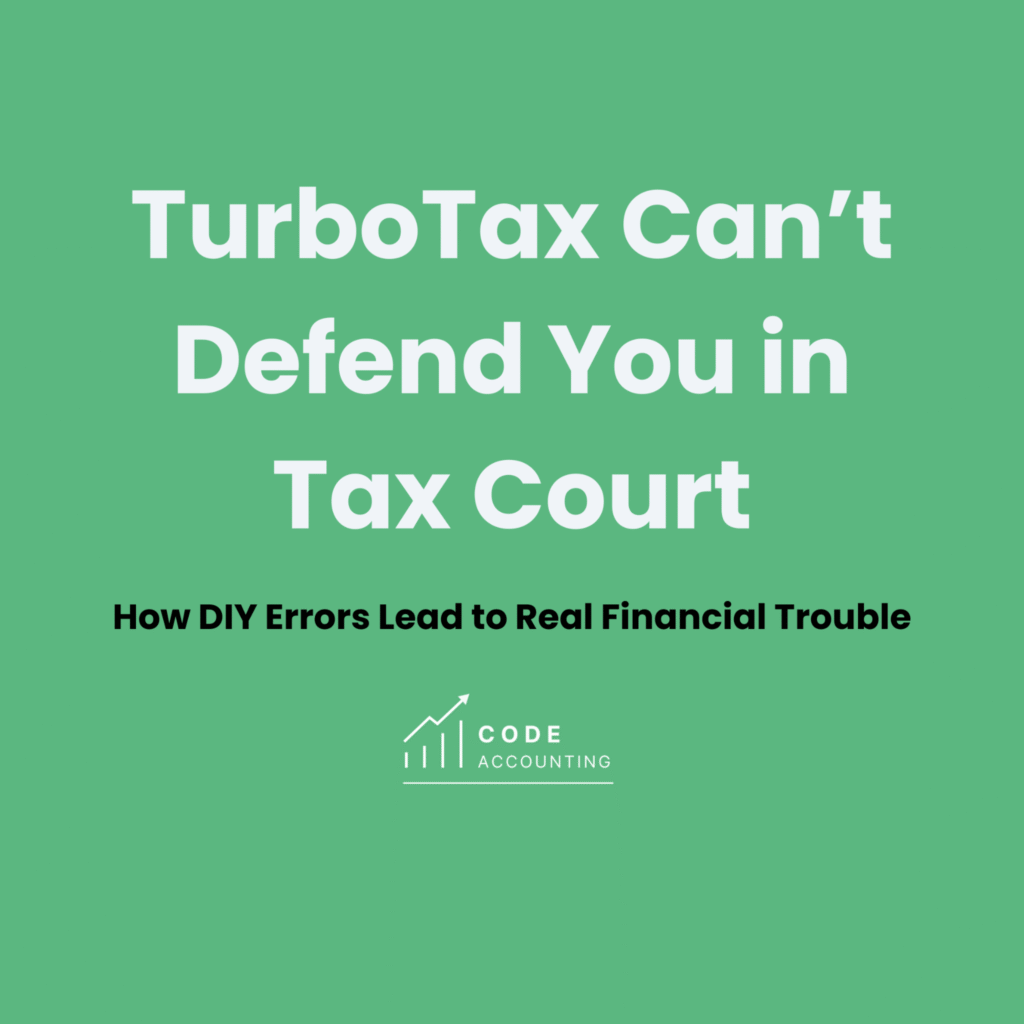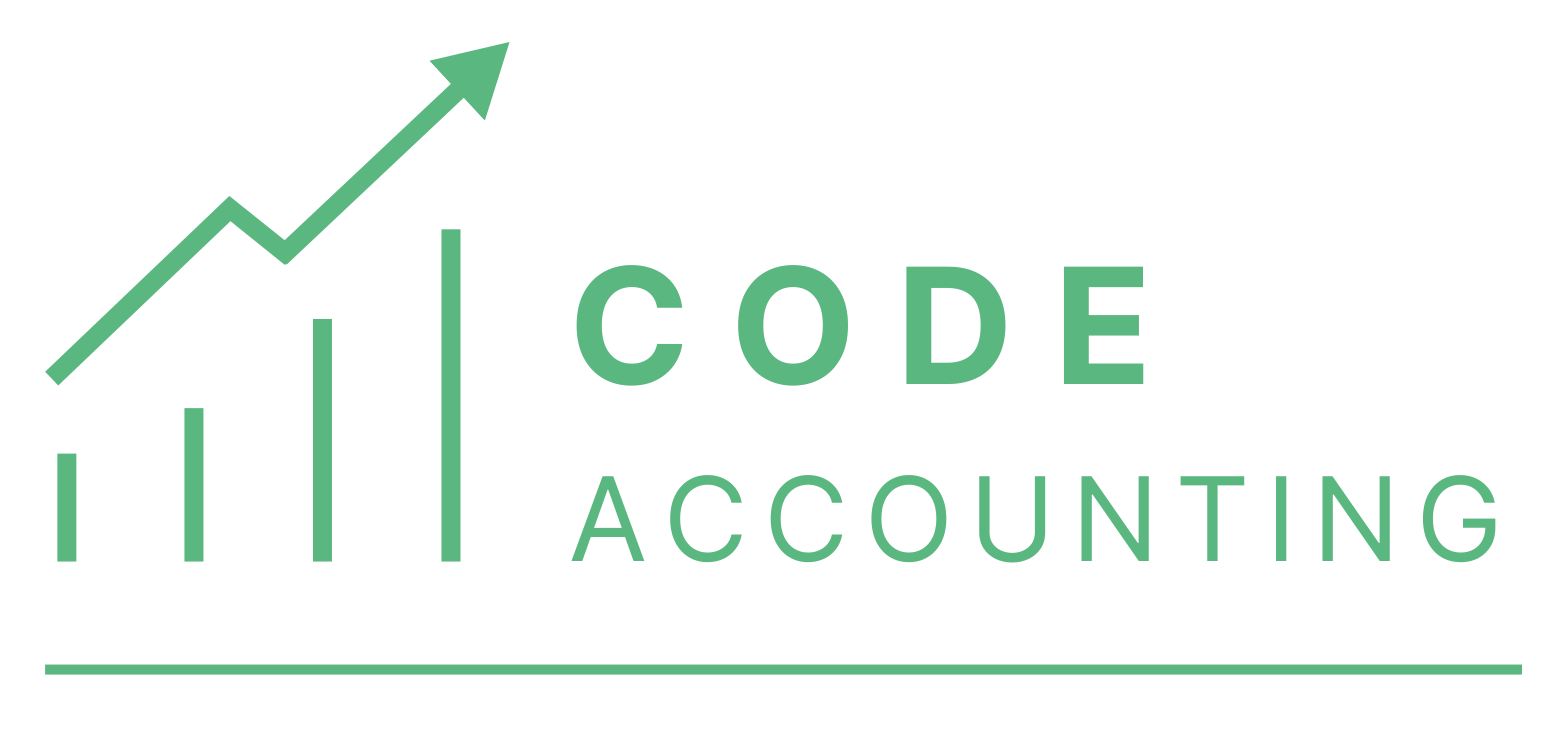DIY Tax Filing Could Cost You—Here’s How IRS Audits and Court Cases Are Proving It
In the age of Amazon, YouTube tutorials, and unlimited internet access, it feels like you can do anything. When was the last time you hopped on WebMD to try and diagnose yourself? Or searched for a quick fix to a plumbing issue? If the stakes are low, that kind of DIY approach makes perfect sense.
But when you’re really sick, you go to a doctor. And when your bathroom is flooding, you call a plumber. The same logic should apply to your taxes—because if something goes wrong, the consequences can be far worse than a flooded room. It could cost you your entire financial foundation.
Now, if your tax situation is straightforward—no dependents, no side income, no businesses—using tools like TurboTax or TaxCut is reasonable. You might spend a weekend inputting numbers, but you’ll get the job done. However, as IRS audits surge across the country and tax law becomes more complex, DIY tax filing is increasingly risky. If you run a business, own property, or even just have complicated deductions, doing your own taxes could lead to serious trouble.
Take Darryl, for example (name changed for privacy). Darryl worked as an insurance consultant. While he hired an accountant for parts of his business, he decided to prepare his annual tax return on his own. That decision landed him in Tax Court, which, as you can imagine, is not a place you want to be.
Darryl’s income reporting wasn’t the issue—it was his deductions. And unfortunately, his story has become one of many cautionary tax court cases highlighting how seemingly small filing mistakes can snowball into financial disaster.
And while his income seemed in order, many of his deductions were called into question. For example:
- He deducted $80,000 in mortgage interest for two years, which came from a loan that was due to be paid off prior to the filing years. The court could see that he had paid something, but he couldn’t produce the paperwork to show how much interest he paid or even why he had to pay it. The court disallowed every penny of the $80k deduction…
- He also deducted $150,000 in alimony he paid over the same time period. His divorce specified $2,500 per month in alimony, but he and his ex-wife agreed to bump it to $5,000. Unfortunately, the law specifies oral agreements aren’t enough and that he needed a written agreement, so the court disallowed it.
- He even deducted $187,000 for “other expenses,” which he explained came from a net operating loss carryforward from a previous year, which though he listed incorrectly in his return was a perfectly fine deduction. Unfortunately he didn’t file the required “concise statement setting forth the amount of the net operating loss deduction claimed and all material and pertinent facts relative thereto, including a detailed schedule showing the computation of the net operating loss deduction.” The court only allowed $163 of the $187,000.
As his case came to a close, Darryl attempted to shift the blame onto the tax software he used—arguing that it had guided him to enter those figures. But even if there had been a TurboTax internal server error, the court wasn’t buying it. The judge was clear: tax software can’t think for you, and it’s only as accurate as the information you put in. And as IRS audits surge, relying on automation without understanding the law is becoming a bigger and bigger risk.
This is a hard truth for many who assume technology will catch their mistakes. While platforms like TurboTax can be helpful, they won’t flag illegal deductions, explain reporting standards, or complete additional forms that are legally required. That kind of guidance only comes from a human expert.
If you want to ensure that your return is not only accurate but legally defensible, working with a professional is essential—especially if you’re self-employed, investing, or managing multiple income sources. Even if you’re not actively searching for a real estate tax expert near me, having someone who understands your financial picture makes all the difference when the IRS comes knocking.
You can absolutely save money on taxes—but you have to do it the right way. By working with someone who knows the law, understands documentation requirements, and reviews your return before filing, you protect yourself from costly mistakes and years of IRS scrutiny.
Start with Code Accounting today and take the guesswork out of tax season. We’ll help you stay compliant, confident, and in control of your finances—no court appearances required.





